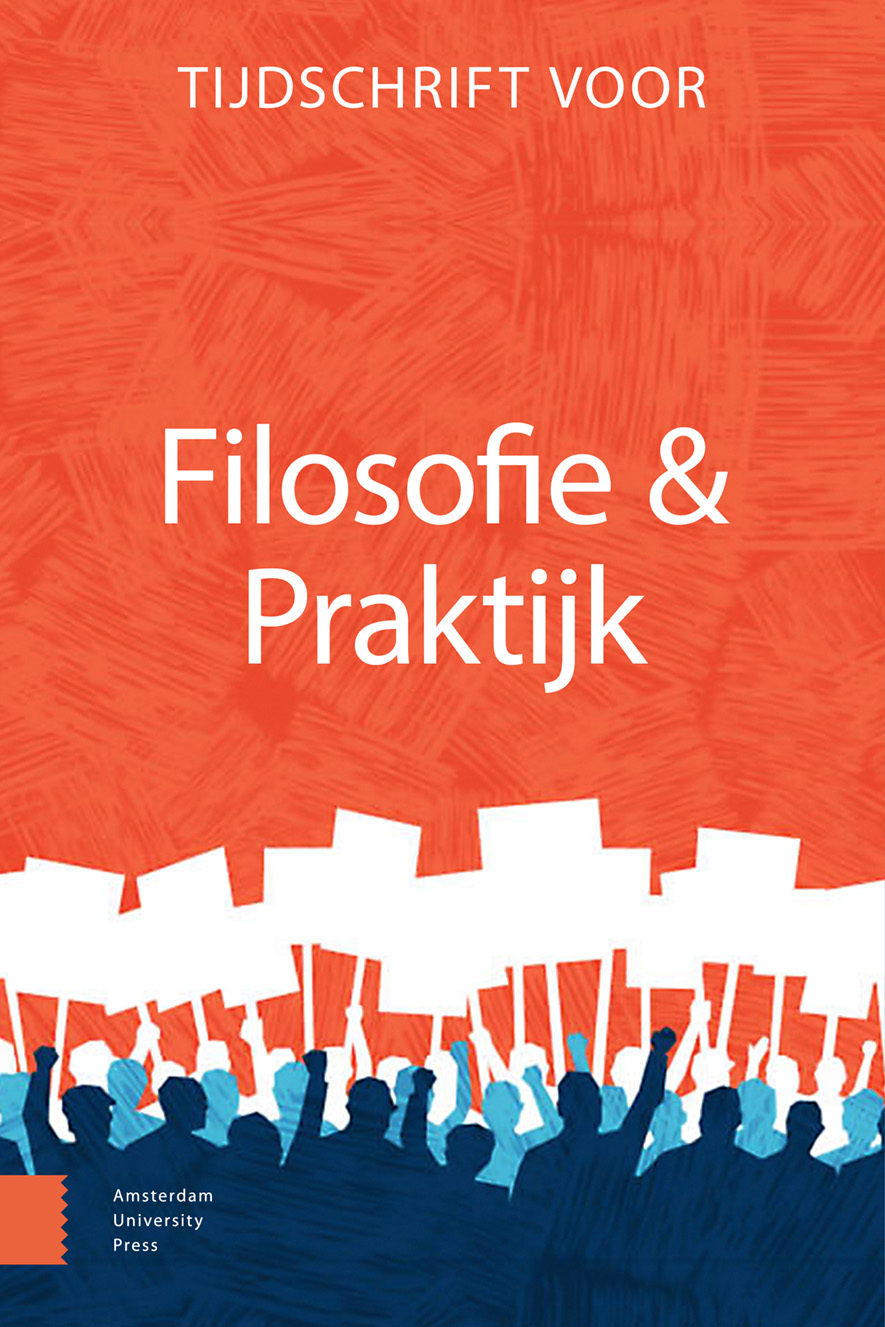-
oa Goede burgers vormen op een goede manier: het gevaar van indoctrinatie in een liberale democratie
- Amsterdam University Press
- Source: Filosofie & Praktijk, Volume 44, Issue 2, Sep 2023, p. 144 - 161
-
- 01 Sep 2023
Abstract
Citizenship education aims to shape students as ‘good citizens’. Citizenship education is a normative endeavour, and therefore it is vital to critically reflect on its goals and methods. The research question1 is as follows: How can we educate people as ‘good citizens’ in a morally right way? To answer this question, I uncover first which assumptions underly the image of a ‘good citizen’. This is done by establishing which minimum requirements the continuation of democracy demands, and by studying the European Commission’s formulation of the ‘good citizen’ and its underlying notion of democracy. Next, I critically reflect on how students are shaped as ‘good citizens’ through citizenship education. This lays bare an underlying tension between liberal democracy and citizenship education that can be described as the danger of indoctrination. Inspired by Jürgen Habermas’ discourse ethics, this article proposes a way out, namely obligatory philosophy education for all students.


